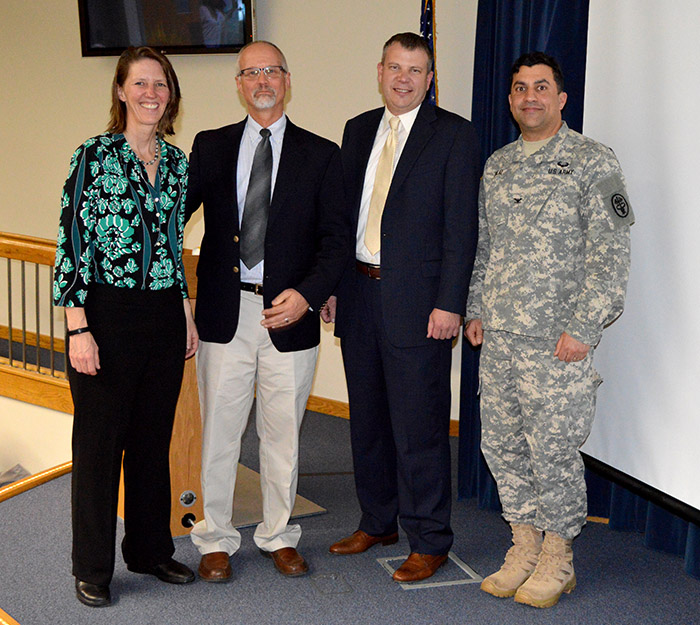Product Development - Lessons From Industry

In product development, what does it mean to "transition to industry"? Transition to industry is the process of adapting a promising technology from a small-scale academic project to a successful competitor in the commercial marketplace. It is a challenging process and is often overlooked until the need reaches a critical level. Poor business planning and small market populations have created bumps and bruises in product development efforts and led to some cold, hard business realities when transitioning to industry.
Following a discussion with members of industry, Kristy Pottol, director of the Tissue Injury and Regenerative Medicine Project Management Office at the U.S. Army Medical Materiel Development Activity, realized that industrial-focused product development has challenges that the government product managers may not fully appreciate with the pressures of raising capital and meeting investment stakeholder expectations. As a result, Pottol arranged for two members of industry to engage U.S. Army Medical Research and Materiel Command product developers in a half-day symposium, presenting and discussing the challenges of transitioning research and promising product development to industry and ways to facilitate the process.
"The intent of this symposium was to raise awareness of the challenges facing investigators, and product development, in making the transition from 'very interesting, very promising research idea' to 'successful product,' and to start as early as possible helping our investigators make the shift," said Pottol.
Dr. Tim Bertram, CEO Regen Med TX, and Dr. Luke Burnett, chief science officer for KeraNetics and brigade commander for the 130th Maneuver Enhancement Brigade North Carolina National Guard, presented the industry perspective for product development in a competitive marketplace and lessons on the transition from academic researcher to commercial business leader.
According to Dr. Wendy Dean, medical advisor for the TIRM PMO, if we want industry to consider taking on a development project we must understand industry's perspective and what is important to them. If we do not understand industry's perspective then we will not be able to groom our investigators to target metrics important to industry and we will not insure products under our purview are prepared to withstand the rigors of a comprehensive industry evaluation.
"It is easy to get very excited about cool new technology from a scientific perspective, but industry needs that cool technology to pay the mortgage and keep the lights on, and their scrutiny, consequently, is more intense," said Dean. "[Industry] wants to know the product will work, but they also care about how it will get through the FDA, how hard it is to manufacture, how big the market will be, whether there is already a path to reimbursement and so on."
In Bertram's brief, he points out that industry partners are looking at the realities of buying a medical product. These include barriers - regulations such as those imposed by the Department of Defense, industry and FDA; realities such as pricing, reimbursement, distribution and supply chain and global market place; and differences ' the government's world view versus industry's versus academia's. The overarching themes he shared were the "cost of doing business" and "return on investment."
According to Burnett, researchers need to incorporate a business plan and product development plan early in product development. Burnett highlighted another major challenge in transitioning to industry is the failure to integrate business and product development plans with regulatory and reimbursement strategies. Additionally, the government should define realistic expectations for military relevant medical technologies with product development timelines.
"The earlier the transition starts, the sooner the investigators will start shaping the work that is done to address known hurdles," said Dean. "There will be fewer studies to repeat, fewer delays and it will increase the chance of finding an experienced, suitable industry partner to help bring the product through the very expansive stages of development."
"Understanding industry's point of view will help us prepare our investigators in a more systematic way for the steps that come after scientific discovery," said Pottol.
The USAMRMC members involved in all aspects of product development joined the symposium. The training was well received and many attendees requested the opportunity to participate in similar activities in the future.
 An official website of the United States government
An official website of the United States government
 ) or https:// means you've safely connected to the .mil website. Share sensitive information only on official, secure websites.
) or https:// means you've safely connected to the .mil website. Share sensitive information only on official, secure websites.


